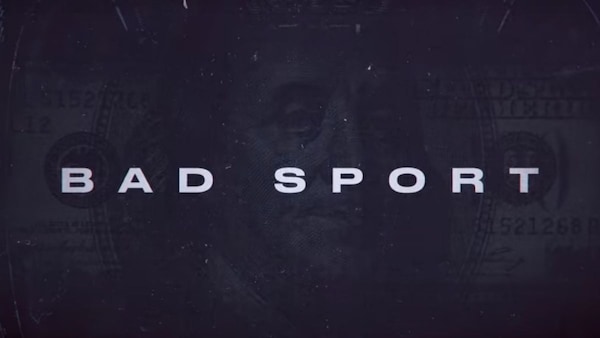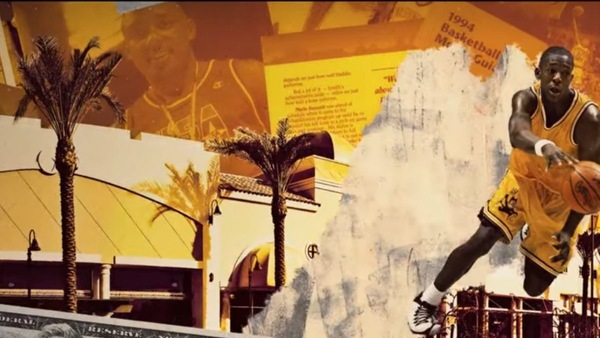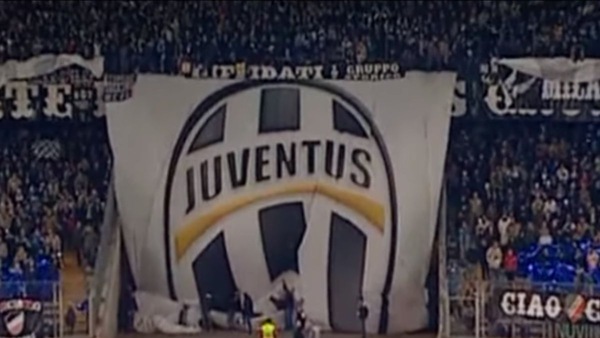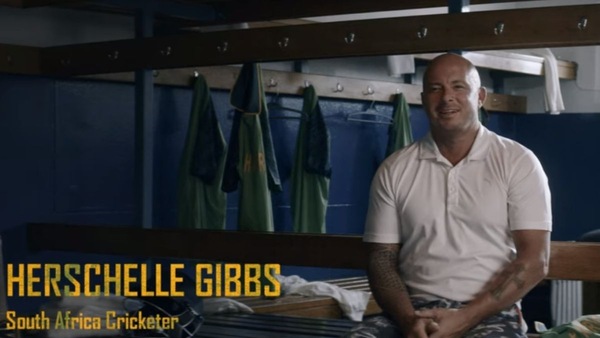Bad Sport review: A captivating insight into the underbelly of match-fixing and corruption in sports
The six-part docu-series details the astonishing accounts of individuals involved in the stories that shook the world with revelations around corruption in global sports.

Last Updated: 11.27 PM, Oct 07, 2021
Story:
Volume 1 of the docu-series is split into six parts focusing on particular scandals in various sports from across the globe. It includes the points-shaving million-dollar scandal involving Arizona State University basketball team,, the drug smuggling story about American race-car driver Randy Lanier, the infamous corruption scandal involving Italian football giants Juventus, the corruption in the 2002 Winter Olympics figure skating event, the story about a hitman killing show horses for insurance fraud at the behest of rich businessmen, and the fall from grace of former South African cricket captain Hansie Cronje in the wake of match-fixing allegations.
Review:
Bad Sport adds to an already stellar lineup of Netflix original sports documentaries released this year, which includes the Untold series, Schumacher, and The Last Dance. It follows a similar template of the aforementioned titles in how Netflix has spared no expense in terms of production value. They have been able to obtain access to interview those pivotal to these stories and the investigators who helped uncover them.
The first episode is about the match-fixing scandal from the 90s surrounding Stevin ‘Hedake’ Smith in the hugely popular college basketball league, where he was asked to fix the outcome of points in games by implementing something known as points-shaving. There are emotional interviews with Smith himself as well with his handier, or bookie Joe Gagliano, as they recollect and explain in great detail about how they operated. The underlying message of the episode is that college students are easy targets for fixers, especially when there are millions at stake in the gambling industry. Issac ‘Ice’ Burton, who was also involved with Hedake, admits that points-shaving will continue to happen as long as there are college students struggling to even afford meals.

Randy Lanier’s story is far more flamboyant, it involved drugs, women, race cars, and sunny Miami, Florida. Netflix has yet again gone above and beyond to gain access to these remarkable stories - straight from the horse’s mouth. All those who were involved in one of the biggest non-violent marijuana smuggling rackets are interviewed including Ranier himself, his wife Pam, and his close aides Allan and Charles. In fact, Charles would eventually end up being the first witness in the case the FBI had built up against Lanier. Just like the first episode, it also concludes with an underlying message - the underlying message being whether non-violent marijuana dealers deserve to be punished for 30 years to life in prison.
The third episode is arguably the most well publicised and the one that shook European football and reshaped football culture in the continent - the infamous Calciopoli scandal of Italy involving Juventus. To put into context how big this scandal was, it would be as shocking as Real Madrid or Manchester United being relegated to the lower leagues for match-fixing, because Juventus was, or still is, the biggest club in Italy and one of the biggest in the world. They have won more Scudettos (Italian Serie A titles) than any other club, even more than domestic rivals and seven-time European champions AC Milan.
The episode closely follows the accounts of the investigators as they narrate the entire saga. Even the man who was at the centre of the controversy, Luciano Moggi, the former Sporting Director of Juventus, was interviewed towards the end of the episode to provide his version of the story. Ultimately the Old Lady of Turin, Juventus, were relegated and more clubs including AC Milan were punished with points deduction in a landmark ruling. What was even more remarkable was the fact someone was willing to punish these super clubs considering Juventus is owned by the Agnelli family who owns Fiat and Ferrari, while Milan was owned by the then-Italian media mogul, Prime Minister Silvio Berlusconi. The episode exposed a culture of intimidation by European super clubs to maintain their position amongst the footballing elite.

The fourth episode details one of the biggest scandals in Winter Olympics history when the Canadian figure skating pair of Jamie Salé and David Pelletier were controversially denied a gold medal in favour of the Russian pair of Elena Berezhnaya and Anton Sikharulidze in the 2002 Winter Olympics in Salt Lake City USA. The episode offers excellent interviews with all four of them as well as those closely involved in the event. The story showcases allegations of corrupt judges and involvement of Russian mobsters, in what would evolve into an international scandal with the media narrative, focusing on North America versus Russia, reminiscent of the Cold War.
The story about the hitman named Sandman, who killed show horses for rich owners for insurance fraud, may not be the most exciting story in the series, but is certainly the most disturbing. However, it fails to capture the attention of the viewers as in the other episodes. The primary issue is the uneasy juxtaposition of the glamourous visuals when capturing the world of show horses and the unpleasant subject matter, narrated by Tommy Burns, who is somehow gleeful and remorseful at the same time. Towards the end, it becomes increasingly difficult not to feel sympathetic for the man, who is ultimately a victim of his own circumstances. The overarching theme of the episode is abuse of power and the levels to which human beings will stoop to in order to satisfy their lust for money.

The final episode is by far the most engrossing and the most tragic - the story of the man, the myth, the legend, Hansie Cronje. The former South African captain was once heralded as the man who united a fractured nation after Nelson Mandela became President. In fact, Cronje was revered in the same regard as Mandela in South Africa. The episode is an incredibly gripping narrative on the fall from grace of one of the greatest captains the sport has ever seen, a man who led one of the most dominant cricket teams ever to walk into a cricket field. There is also an exclusive interview with former South African batsman Herschelle Gibbs, who was involved in the scandal in a minor capacity, and emotional interviews with those who knew Cronje well.
The one aspect the documentary fails to delve into is the mysterious circumstances surrounding his death, and that of his former coach Bob Woolmer a few years later.
Verdict:
The docu-series offers a unique perspective into some of the biggest scandals in sports. While some of the episodes, admittedly well created, lack the shock value of others such as the Calciopoli and Hanse Cronje scandal, they nevertheless present the audience with detailed and informative documentaries on the lesser-known scandals. It also provides several reasons to be optimistic about Volume 2 of Bad Sport.

 Premium
Premium